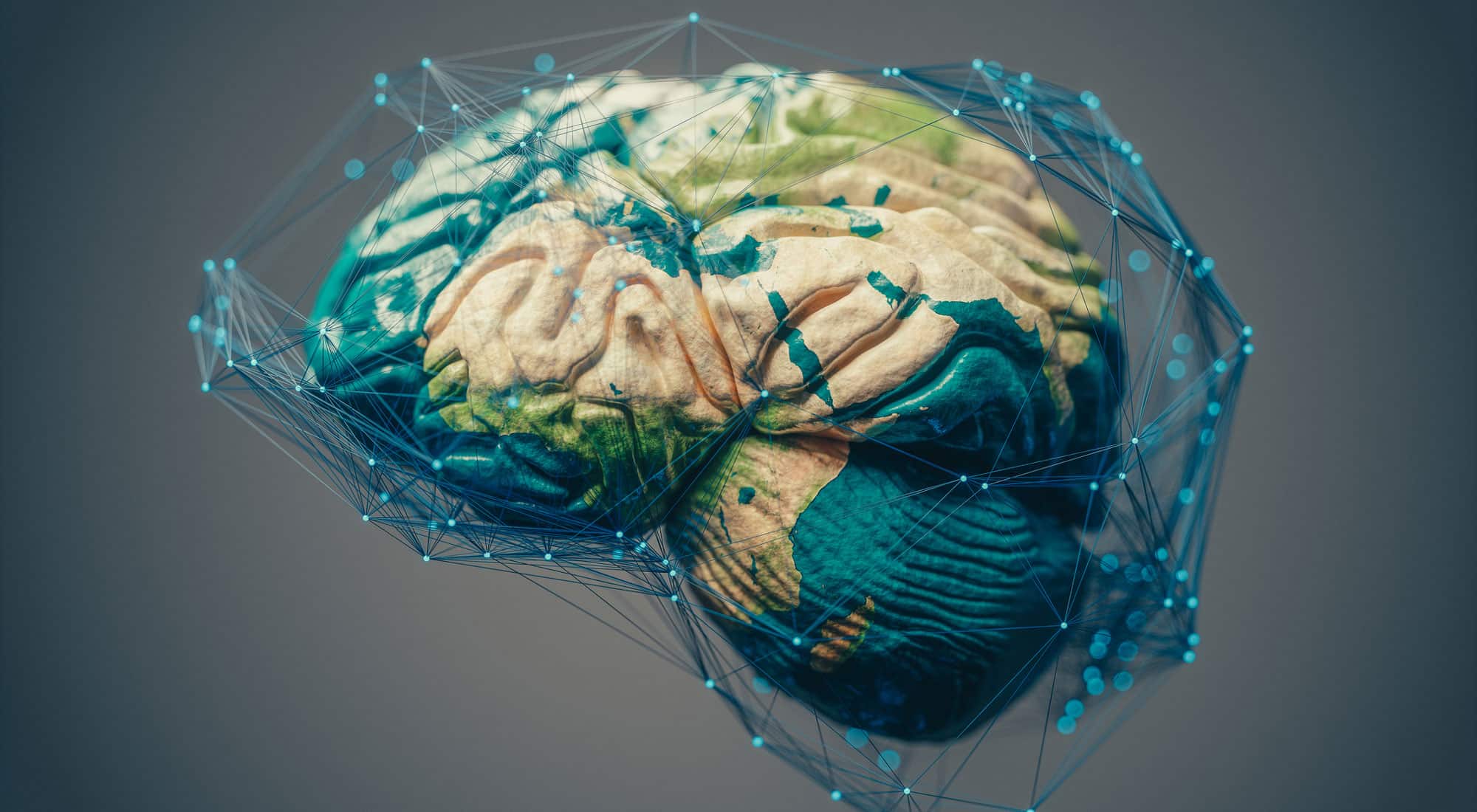By Anna McKenzie
Innovations in medical science have allowed us to gain a better understanding of the biological, genetic, and physiological aspects of disease, including mental health disorders. Neurodiagnostic tools are giving us a real-time window into brain function as it relates to cognitive processing and emotional regulation. The structure of the brain can affect how we think, just like how we think can affect the structure of the brain. Tools like brain mapping can be useful in both the diagnosis and treatment of mental health conditions, providing critical input and feedback to accelerate recovery.
Tools like brain mapping can be useful in both the diagnosis and treatment of mental health conditions, providing critical input and feedback to accelerate recovery.
What Is Brain Mapping?
Brain mapping is the name for a set of neuroimaging techniques that can be used to measure brain activity. In medical settings, this may include MRI, CT, PET, and fMRI scans. Transcranial doppler (TCD) and electroencephalograms (EEG) may also be used. But in behavioral health settings, brain mapping is used in the form of a qualitative electroencephalogram (qEEG), which is an analysis of recorded electrical activity in the brain, and neurofeedback, which is a real-time view of brain activity related to certain stimuli.
The human mind is incredibly complex, and so is the brain. This can make mental health conditions difficult to fully understand, diagnose, and treat. With a glimpse into brain structure, activity, and responses, treatment providers can provide more accurate diagnoses and help patients understand how physical and biological factors are affecting their mental and emotional state.
What Is Brain Mapping Therapy?
So, what is brain mapping therapy, and how does brain mapping help recovery? Here are two key reasons why neuroimaging can be effective in treating mental health conditions:
- Brain mapping can show where brain function is dysregulated or impaired. This can help treatment providers know which therapies will be most effective and how treatment should be targeted.
- Patients can see progress as they recover. Neuroplasticity is a term often used to describe how our brains can change and adapt, according to StatPearls. While it’s usually mentioned in the context of a brain injury, neuroplasticity can also be used in relation to recovery from mental health conditions. You can train your brain to respond differently to certain stimuli — anxiety triggers, for instance — and its activity and structure will adapt. A patient presented with qEEG data throughout treatment, or real-time data through neurofeedback, will get a stronger sense of how treatment is affecting their ability to process thoughts and emotions.
As a therapy, brain mapping can be encouraging to patients, fostering continued recovery efforts, and it can also help providers troubleshoot any setbacks. Brain mapping therapy can be especially instrumental in treating adolescents whose brains are still developing.
Brain Mapping Therapy for Trauma
Brain mapping therapy for trauma can be helpful for long-term recovery from addiction, PTSD, and other mental health conditions. According to Frontiers in Human Neuroscience, neurofeedback can provide a noninvasive, less distressing alternative to traditional therapies for people who have experienced trauma. Research from Frontiers in Psychiatry indicates EEG data can reveal the effects of PTSD on the brain and even help providers create more targeted interventions for each patient.
Brain mapping therapy for trauma can be helpful for long-term recovery from addiction, PTSD, and other mental health conditions.
Trauma can be simplistically described as survival energy that becomes trapped inside the body. Unresolved, trauma can alter the way the nervous system operates because the traumatized brain is continually looking for threats and trying to rechannel the trapped energy. As a result, the body becomes disconnected from the mind, physical sensations are ignored, cognitive processing is more difficult, and emotional regulation is hampered. Resolving trauma involves releasing the trapped energy, retraining the brain and nervous system, and realigning the mind and body.
At the Brain Center at The Meadows, we provide brain mapping techniques to help patients learn to self-regulate and retrain their brains in a safe, welcoming space.
“Brain mapping allows for highly focused and customized brain wave training,” says Deirdre Stewart, Vice President of Trauma Resolution Services at The Meadows. “Training in [a certain] range has the unique ability to calm limbic system activity, something that is very important in a rehabilitation setting where trauma experiences often underlie addiction. Training at these deeper regions [of the brain] supports calming and stabilizing. Treating arousal and attention is supportive of healing because oftentimes, these are what underlie so many mental health conditions, including addiction.”
When it comes to brain mapping at The Meadows, Stewart says, “[Our] approach focuses on symptom reduction and improvements to quality of life. [Our training system at The Meadows] does not attempt to overdirect the brain. It simply shows a mirror of the brain’s own behavior back to it through visual, auditory, and tactile feedback. While the patient’s mind is focused on a movie, game, scenic walk, or other feedback option, the brain is marshaling resources to improve its own functioning. This model goes beyond basic operant conditioning and trusts that, if given the right tools, the brain has the capacity to self-regulate.”
Help for Addiction and Mental Health Conditions
Are you dealing with addiction, trauma, anxiety, depression, or other mental health conditions that are disrupting your life? Brain mapping provides a unique path for helping you resolve core issues in a safe, noninvasive way. At The Meadows, we offer innovative treatment that is research-backed and evidence-based. Through brain mapping, neurofeedback, and other therapies, we can help you overcome the challenges you’re facing and learn to thrive again. Contact us today to learn more!

